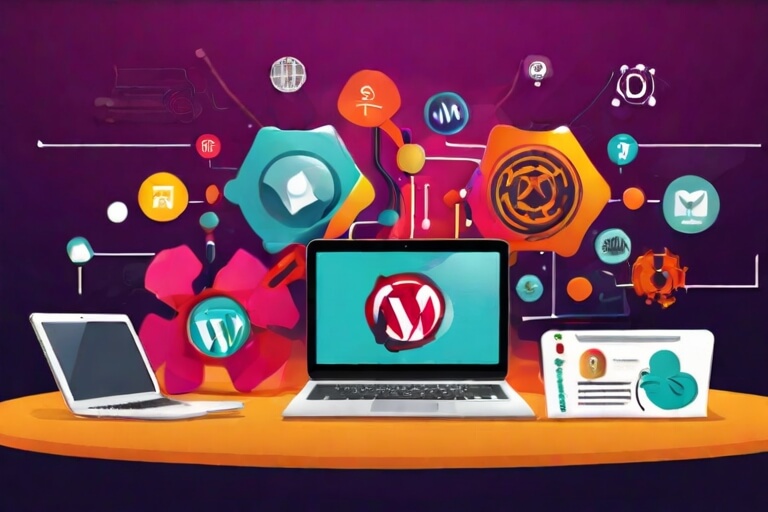The Impact of AI on Website Loading Speed and Performance

Artificial Intelligence (AI) has significantly transformed various industries, and website performance optimization is no exception. With the exponential growth of online businesses and the increasing demand for seamless digital experiences, harnessing the power of AI has become crucial for website owners. AI technologies offer a range of innovative solutions that enhance website performance, leading to better user engagement and improved conversion rates.
One key area where AI has made a significant impact is in improving website loading speed. Slow-loading websites not only frustrate users but also negatively affect search engine optimization (SEO) rankings. AI algorithms can analyze and optimize website code, identifying areas where improvements can be made to enhance loading times. These intelligent systems can automatically compress and optimize images, reducing their size without compromising quality. Additionally, AI-powered content delivery networks (CDNs) can efficiently distribute website content across the globe, minimizing latency and improving loading times for users regardless of their geographical location. By leveraging AI techniques, developers can ensure that their websites deliver fast and efficient experiences to users, resulting in better performance and engagement.



